One great way to teach students multiplication facts is to use multiplication games. If your students struggle with motivation for practising their multiplication facts, you might find times tables games are a fun way to hook them into meaningful learning.
Multiplication tables are often memorised or learned by rote with a resource like a multiplication chart, but if your kids are interested in sharpening their math skills in more engaging ways, online math puzzles could be just what you need to reinforce and strengthen their multiplication skills!
Online games keep students engaged by making learning fun
Learning times tables can is one of those hard-but-important maths skills Games can make math activities more fun and engaging for students. When students are having fun, they are more likely to be engaged in what they are doing and more likely to remember what they have learned. Another way to make sure students have fun while they are learning is to make the learning itself interactive and hands-on. If students are actively involved in the material, they are more likely to be engaged and to remember what they have learned.
Games engage students because game-based learning systems are challenging and rewarding
Online learning is rewarding and challenging for the learner when done right. Game-based learning uses the programmed process and makes it interactive with an emphasis on intrinsic motivation. While game-based learning makes learning easy and not boring. This cognitive learning is around the learner and student in the learning process.
Free online games for kids can be a good option for practicing multiplication, particularly in 2nd grade, 3rd grade and 4th grade where knowledge of multiplication facts is a critical building block in primary school. an also help students develop their knowledge of multiplication by providing a concrete and interactive way to explore them.

Instead of a worksheet, try these math game ideas:
Make it hands-on:
Try making a times table game out of something physical. For example, if you are teaching 3 times tables, you could get students to create their own snakes-and-ladders-style 3 times tables ‘race track’. Each space could have it’s own table question and then students roll a dice to move, but then have to answer the question correctly to stay on the space they land on.
Use dice:
For example, get a student to student to roll 6 dice (individually) and then race to find any 3 products (by matching pairs of dice). You could get students to pass the dice around a circle (a race) or time students individually and see if they can beat their own timed score.
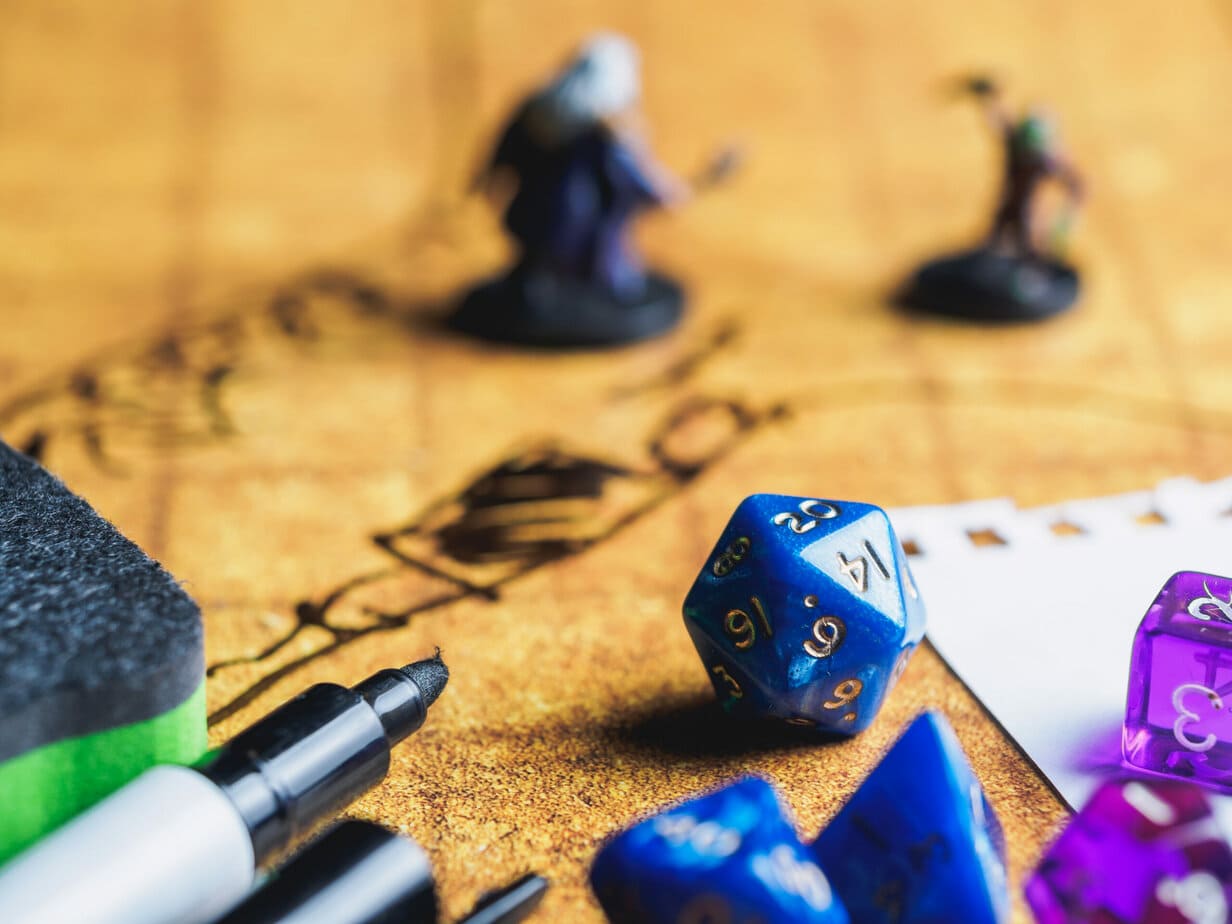
Incorporate technology:
There are many times table games and apps available that can make learning more fun for students. A digital multiplication game is more fun than a worksheet and can be an effective way to practice mental maths and basic multiplication facts. An online times tables game can also give kids immediate feedback because the correct answer for each multiplication problem doesn’t have to be checked by the teacher (and can’t be looked up in the back of the textbook!). Check out maths puzzles like our very own Math Maze 2 for an example of this in action.
Allow for choice:
Giving students some choice in what they are doing can also make learning more fun. On a macro level, something as simple as allowing students to choose which times tables they work on when over the course of a week could help improve ownership and engagement. On a micro level, try to weave choice into each activity. In the dice game above, students can choose what dice get paired with other dice – and this is both a strategic and pleasureable part of the challenge.
Use cards:
Try card games like Multiplication Snap. In pairs, students each flip a card face up onto the table and then the first person to say the product out loud wins the cards. Keep the rounds short so students don’t get left behind. Best of 5 rounds works well.
Use multiplayer games to leverage the social
Social games like Multiplication squares or Multiplication bingo can be a another great alternative to a multiplication worksheet, as students feel more engaged by the social interaction and a lot of kids like the competitive aspect.
Use story problems to contextualise the multiplication facts:
Familiarising students with word problems is essential if they are to move beyond rote memorisation and understand more of the why behind the multiplication process. It can also be much more engaging if done the right way! Check out our very own fantasy multiplication word problems for an example of this.
Questions for you
- What have you found to be the best way to get kids engaged in multiplication practice?
- Is there a multiplication sentence strategy or a particular math worksheet you find effective?
- What was the hardest multiplication question (multiplication fact) for you when you were young?
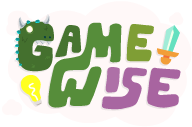
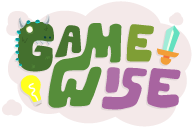
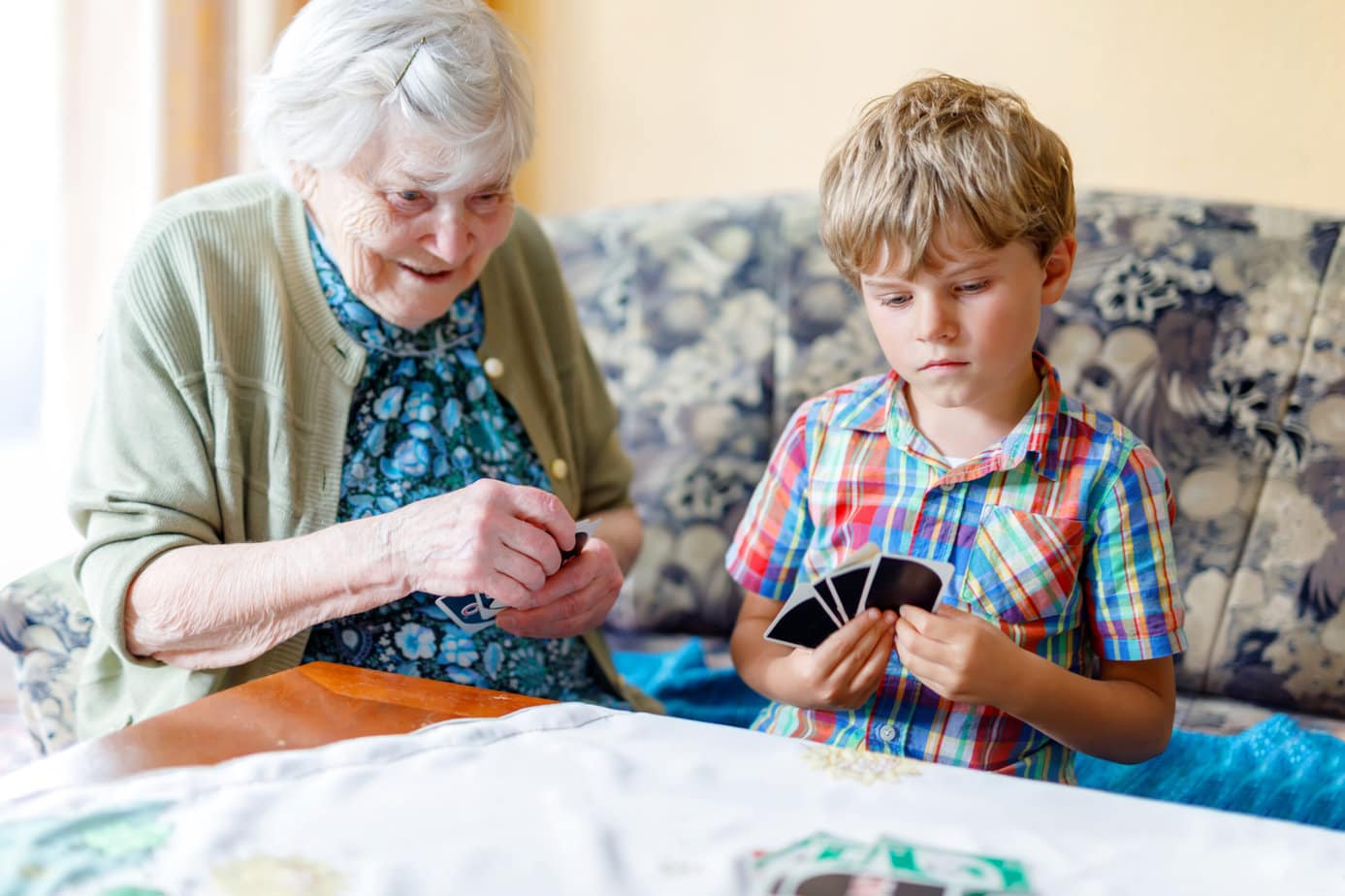
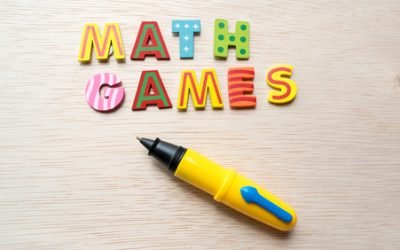


0 Comments